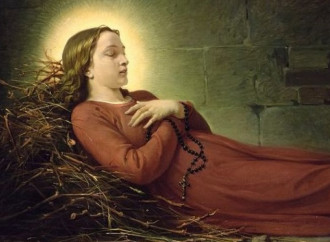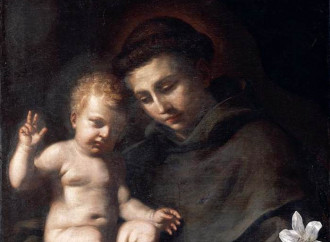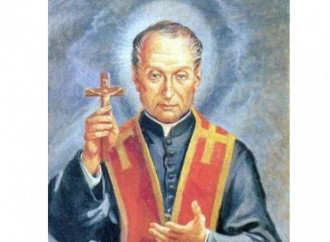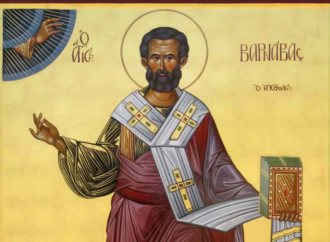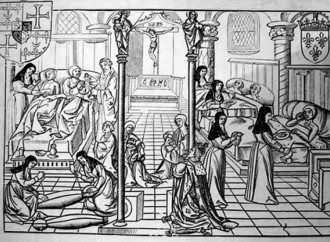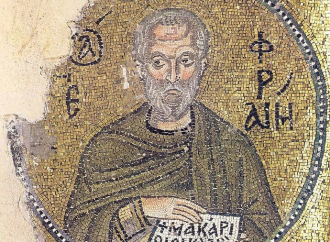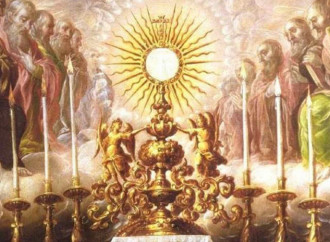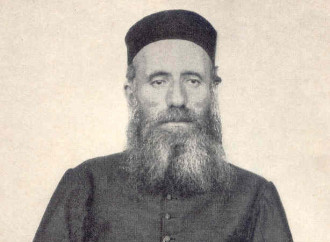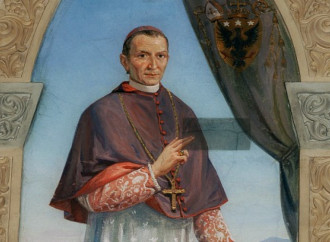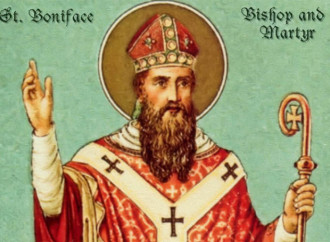Saint Germaine Cousin
She was born with a malformed hand and had suffered from scrofula. Her piety grew every time a feast in honour of Our Lady approached
Saint Elisha
He continued Elijah's mission at a dramatic time for Israel, marked by continuous infidelity to the Covenant on the part of the kings and the people
Saint Anthony of Padua
Gregory IX called him “Ark of the Covenant” and “Treasure trove of Scriptures”.
Saint Gaspar Bertoni
He took care to educate young people to know Jesus, teaching them to thank the Lord in both joy and trials.
Saint Barnabas
According to tradition, he was in the group of 72 disciples sent by Jesus to announce the Kingdom of God
Saint Landry of Paris
He founded the first hospital in Paris, the Hôtel-Dieu (“Hostel of God”), the oldest in the world still in operation
Saint Ephrem the Syrian
His uniqueness was that he was able to bring together theology and poetry
Corpus Christi
The Solemnity of Corpus Christi was celebrated for the first time in 1247 in the diocese of Liège. At its origin there were the exhortations of Saint Juliana of Cornillon
Saint James Berthieu
He was a Jesuit missionary killed in Madagascar during the Malagasy rebellion of 1896, when he preferred martyrdom to giving in to repeated requests to deny the faith.
Saint Anthony Maria Gianelli
Founder of the Daughters of Our Lady of the Garden, was an admirable example of a priest and bishop
Saint Norbert
The founder of the Premonstratensian Order was born into a family belonging to the high nobility. For about thirty years he was mostly attracted to the worldly life, until an event in 1115...
Saint Boniface
Called the Apostle of Germany, he played a decisive role in the Christianization of Central Europe
